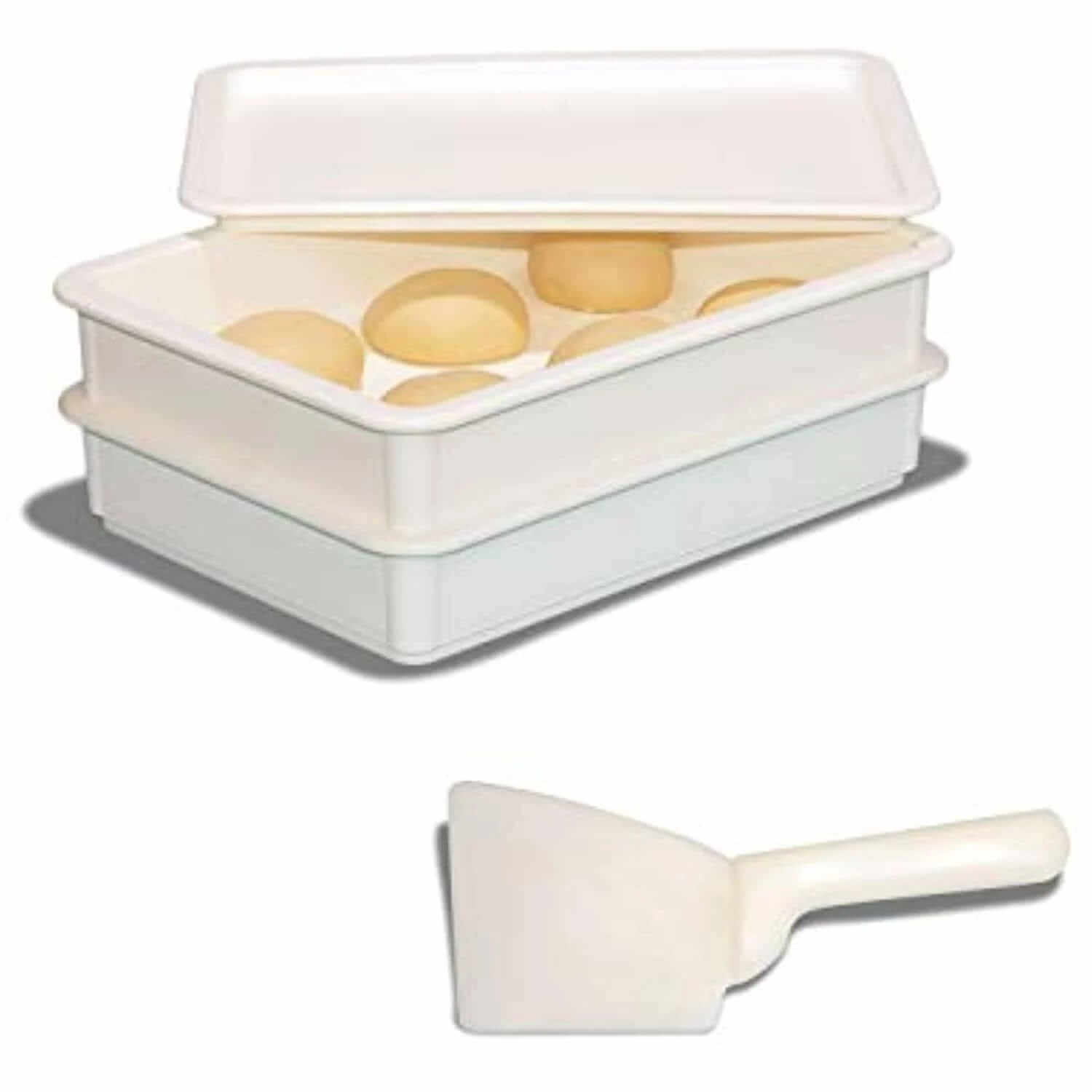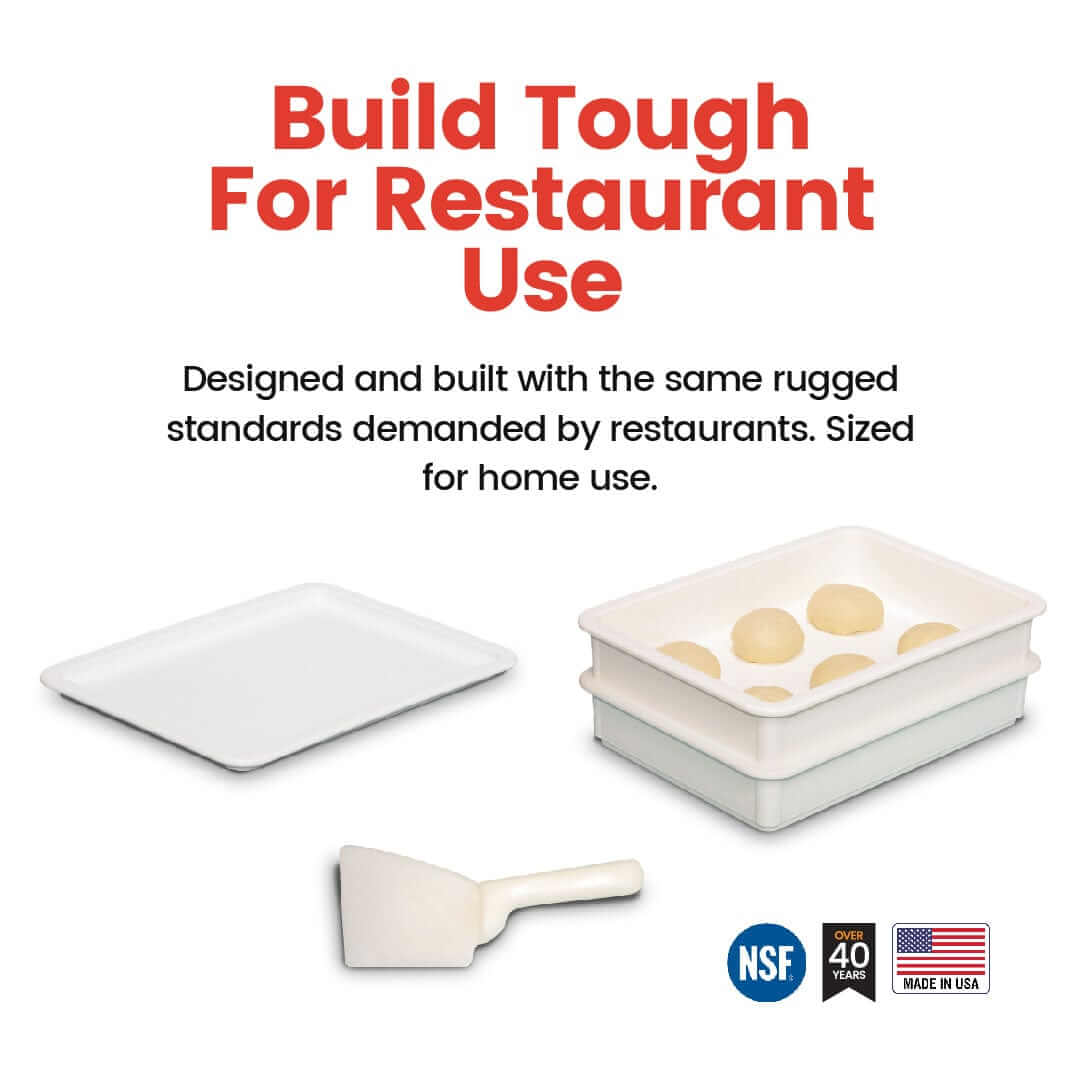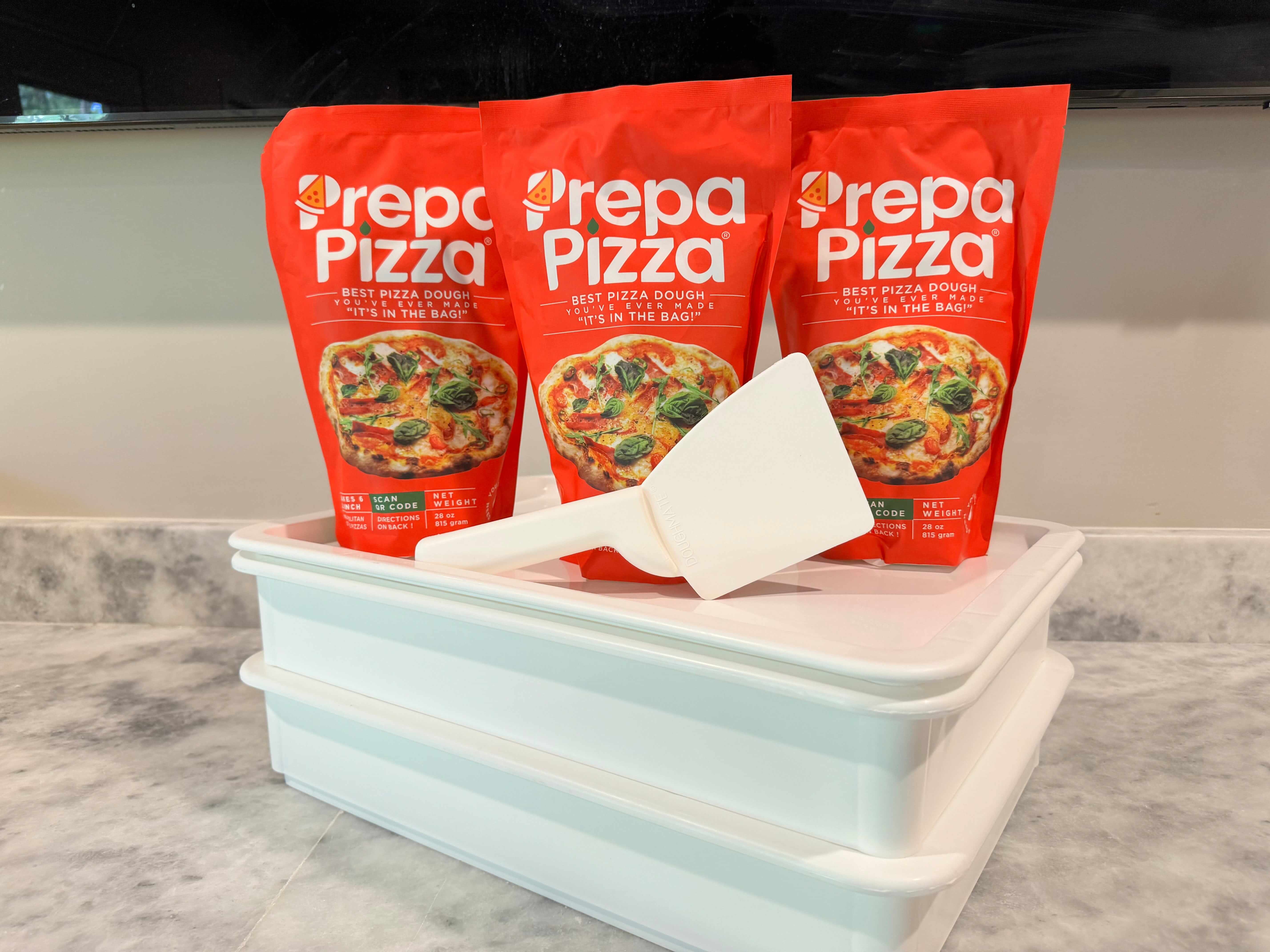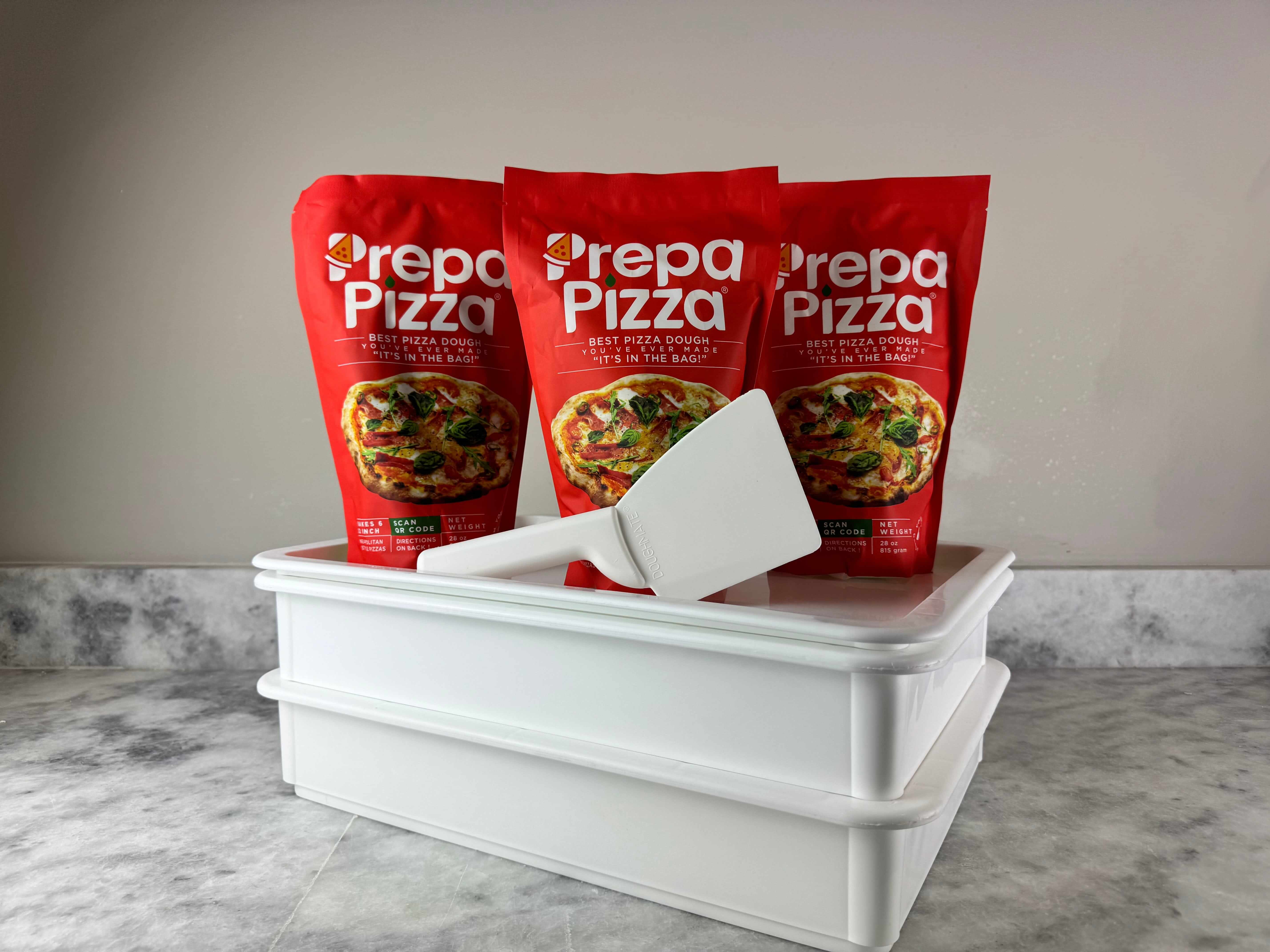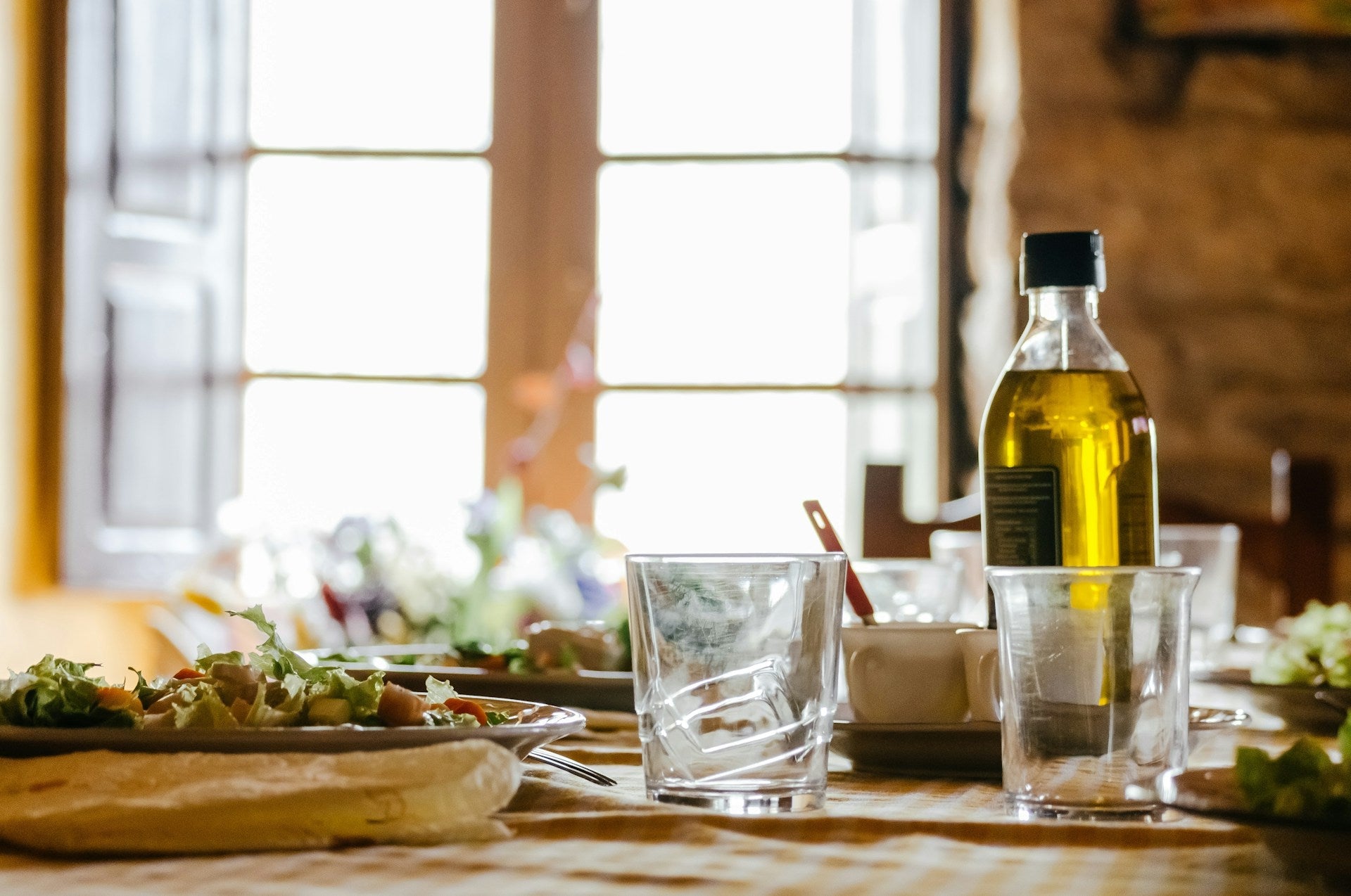
Best Olive Oil for Pizza Dough: Elevate Your Homemade Pizza Experience
When preparing homemade pizza, the quality of your ingredients can make a significant difference. One of the key components to enhancing the flavor and texture of your pizza crust is the choice of olive oil. The best olive oil for pizza dough is extra virgin olive oil (EVOO), as it provides rich flavor and health benefits that elevate your dish.
Selecting the right olive oil can truly transform your pizza-making experience. Using quality ingredients is essential, and this is where Prepa Pizza ensures you get the best premade pizza dough. With its blend of premium ingredients and expert preparation, your pizza will take on a new level of authenticity and satisfaction.
As you dive into the world of pizza dough, understanding the importance of olive oil will help you achieve a restaurant-quality result at home. You’re not just making pizza; you’re creating a delicious experience for yourself and your guests.
Essentials of Pizza Dough Preparation
When making pizza dough, understanding the key components is crucial. The right balance of ingredients contributes to texture and flavor, ensuring your pizza is restaurant-quality. Here are the essential elements to focus on.
Understanding the Basics: Flour, Salt, and Yeast
The primary ingredients in pizza dough are flour, salt, and yeast. Flour forms the base, and you can choose between all-purpose flour or bread flour. Bread flour has a higher protein content, leading to a chewier texture, which many prefer for pizza.
Salt is more than a seasoning; it controls fermentation and strengthens gluten structure. A standard ratio is about 1.5% of the flour's weight in salt for flavor and gluten stability.
Yeast is responsible for leavening. Active dry yeast is a common choice, but instant yeast can be more convenient since it doesn’t require activation. Typically, about 1% of the flour's weight in yeast should suffice for most recipes.
The Role of Water Temperature in Pizza Dough
Water temperature can significantly influence dough fermentation and texture. For optimal results, use warm water, ideally around 100°F (38°C). This temperature activates yeast faster, leading to a quicker rise.
Using cool water, around 70°F (21°C), results in a slower fermentation, allowing for more complex flavors to develop. Adjust the water temperature based on your desired fermentation speed.
To ensure proper hydration, consider the overall flour weight and use around 60-65% water in relation to flour weight. Warm water helps achieve a cohesive dough, contributing to better elasticity. For premium results, consider using dough from Prepa Pizza, crafted using quality ingredients for that perfect balance.
Selecting the Right Olive Oil
Choosing the right olive oil for your pizza dough is crucial for enhancing flavor and texture. The quality of the oil directly impacts the final product, making it essential to understand the various types available.
Varieties of Olive Oil
When selecting olive oil, you'll encounter several varieties, each with distinct characteristics. The main types include:
- Extra Virgin Olive Oil (EVOO): Cold-pressed and unrefined, it offers the best flavor and aroma.
- Virgin Olive Oil: Slightly lower in quality than EVOO, it is still a good option.
- Refined Olive Oil: Processed to remove flaws, this variety has a neutral taste but lacks the robust flavor of higher-quality oils.
- Pomace Olive Oil: Made from the leftover pulp of olives, it is typically lower in quality.
For pizza dough, Extra Virgin Olive Oil is the best choice as it retains the natural taste and beneficial properties of the olives.
Extra Virgin Olive Oil: The Premium Choice
Extra Virgin Olive Oil stands out as the premium choice for dough preparation. Its robust flavor profile enhances the crust, providing depth and richness.
When using EVOO, consider these factors:
- Flavor: Look for oils with fruity or peppery notes to complement your pizza toppings.
- Quality: Choose oils with minimal acidity (below 0.8%) for a superior taste.
- Freshness: Always check the harvest date. Fresher oil offers better flavors.
Incorporating EVOO from a trusted source, like Prepa Pizza, guarantees that you’re using a product that enhances your pizza while ensuring a truly satisfying experience.
Kneading and Proofing Techniques
Kneading and proofing are essential steps in preparing pizza dough that contribute to its texture and flavor. Understanding these techniques will help you achieve a perfect crust.
Kneading for Optimal Gluten Development
Kneading is crucial for developing gluten, which gives pizza dough its structure and chewiness. You should start by mixing your dough ingredients until they come together.
After that, turn the dough onto a lightly floured surface. Use the heel of your hand to push the dough away, then fold it back over itself. Repeat this process for about 8 to 10 minutes.
As you knead, you should feel the dough become smooth and elastic. If using Prepa Pizza dough, you’ll find it easier to work with due to its high-quality ingredients. Proper kneading ensures that your crust has the right texture when baked.
Proofing: Active Dry Yeast vs. Instant Yeast
Proofing is when you allow the dough to rise, developing flavor and volume. You can use either active dry yeast or instant yeast, but the methods differ slightly.
With active dry yeast, you need to activate it in warm water before adding it to your flour mixture. This step helps ensure even fermentation.
For instant yeast, you can mix it directly with your dry ingredients. It typically leads to a quicker rise since it doesn’t require activation. Whichever yeast you choose, let your dough rest until it doubles in size, usually about 1 to 2 hours.
Using Prepa Pizza dough will streamline your process, as it is expertly formulated to rise perfectly every time.
Baking Pizza Dough to Perfection
Achieving the perfect pizza dough involves careful attention to both the baking surface and the cooking environment. Utilizing specific tools and techniques can elevate your pizza from good to exceptional.
Using a Pizza Stone for Ideal Crust
A pizza stone is essential for creating a crispy crust. It retains heat effectively, mimicking a traditional pizza oven. Preheat your stone in the oven at 475°F (245°C) for at least 30 minutes before placing your pizza on it.
Before transferring your pizza, sprinkle the stone with cornmeal to prevent sticking and add a bit of texture. If you're using Prepa Pizza's premade dough, follow your usual shaping techniques to ensure even thickness.
Make sure to slide the pizza onto the stone carefully to maintain its shape and avoid a mess. The stone's even heat ensures a uniform bake, giving you a deliciously crisp bottom.
Timing and Temperature Tips
Baking time varies based on the thickness of your pizza crust. For a thin crust, aim for about 10-12 minutes. Thicker styles may require 15-20 minutes. Always keep an eye on the pizza and adjust the time as needed.
Monitor the crust's color; ideal pizza crust should be golden brown. Rotate the pizza halfway through baking for even cooking. If you're using toppings that require longer cooking times, consider par-baking the crust for a few minutes before adding them.
With Prepa Pizza's quality dough, you’ll be set for success. High heat and attention to timing are key to baking delicious, restaurant-quality pizzas.
Toppings and Flavor Combinations
Choosing the right toppings and seasoning can elevate your pizza to a whole new level. High-quality ingredients enhance flavors, while balanced seasonings ensure a satisfying taste experience.
Selecting High-Quality Toppings
When it comes to toppings, quality matters. Opt for fresh, vibrant ingredients that emphasize flavor. For meats, consider classics like pepperoni or prosciutto, which pair wonderfully with a good tomato sauce and cheese.
Vegetables such as bell peppers, mushrooms, and onions can add texture and taste. Don’t overlook the importance of cheese; a mix of mozzarella and Parmesan creates a rich, savory flavor.
You might also explore unique options like caramelized onions or roasted garlic for an added punch. The right combination can make your homemade pizza truly standout. Always use premium toppings that reflect the quality of your Prepa Pizza dough.
Balancing Flavors: Salt and Seasonings
Seasoning is crucial in enhancing your pizza's flavors. Kosher salt is a great choice, as it dissolves easily and allows for even distribution. Sprinkle it across your toppings for a balanced taste, but be mindful of the amount—too much can overwhelm your dish.
In addition to salt, consider using fresh herbs like basil or oregano for depth. A drizzle of extra virgin olive oil can elevate the overall flavor and add complexity. Hot honey is another excellent finishing touch for a sweet-spicy kick.
Experiment with combinations based on your preferences. Remember that the right balance of flavors can transform simple ingredients into a gourmet experience, especially when using Prepa Pizza dough as your base.
Frequently Asked Questions
Understanding the nuances of olive oil helps you make informed choices for your pizza dough. From types of olive oil to the best practices for incorporating it, these questions address common concerns you may have.
What type of olive oil do professional chefs recommend for pizza dough?
Professional chefs often recommend using extra virgin olive oil for pizza dough. Its rich flavor enhances the overall taste of the crust, making it a popular choice in many kitchens.
Is extra virgin olive oil the best choice for making Neapolitan pizza dough?
Yes, extra virgin olive oil is considered the best choice for Neapolitan pizza dough. Its robust flavor and health benefits contribute significantly to the authenticity of this classic pizza style.
What characteristics should I look for in olive oil when preparing pizza dough?
When selecting olive oil, look for cold-pressed and organic varieties. You want an oil with a vibrant flavor and aroma, as this will elevate the taste of your pizza crust.
Can I substitute olive oil with another type of oil in pizza dough recipes?
While you can substitute with other oils, such as vegetable or canola oil, they may lack the distinctive flavor of olive oil. Substituting can alter both the taste and quality of your pizza dough.
Should olive oil be added to pizza dough before or after baking for optimal flavor?
It's recommended to add olive oil to the dough before baking. This allows the flavors to meld during the cooking process, enhancing the taste of the crust.
How does the choice of olive oil affect the texture and taste of homemade pizza?
The choice of olive oil directly impacts both the texture and flavor. High-quality olive oil can lead to a more flavorful and crispy crust, while lower-quality oils may not provide the same results.




